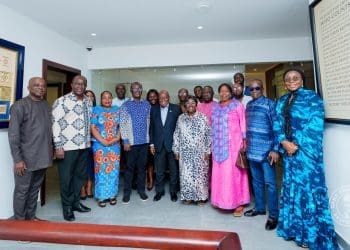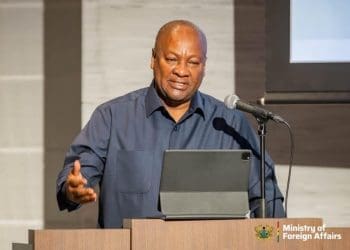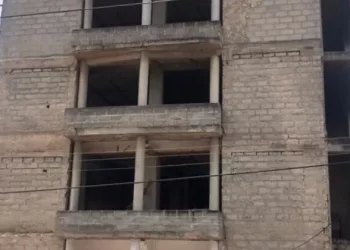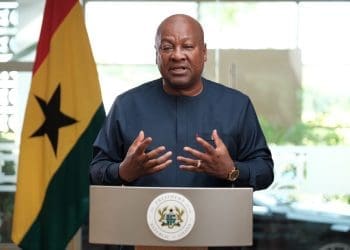Economic policy analyst and entrepreneur Mr. Senyo Hosi has described the government’s Gold Board traceability initiative as “one of the most significant economic policies taken in the last 10 years,” saying it could transform accountability and transparency in Ghana’s mining sector.
Speaking at the 2025 Deloitte Economic Dialogue on the 2026 Budget, Mr. Hosi praised the policy for helping formalise small-scale mining operations and curb illegal gold trading.
“We’ve definitely seen the impact: centralising flows, actually fully accounting and cutting leakages,” he said. “Mining must happen, but it must happen responsibly.”
He explained that the initiative’s digital tracking and geolocation systems would help trace every transaction in the gold value chain, from mine site to export, ensuring accountability and responsible sourcing.
“Every registered mine is plotted and geolocated. Transactions are recorded. You can scan and trace each gold bar to its source,” he noted. “It won’t necessarily eliminate illegal mining, but it will enforce significant responsible sourcing. You’ll know who mined, who traded, and you can audit the output chain.”
While applauding the government’s efforts in that area, Mr. Hosi urged policymakers not to become complacent, stressing that “a lot more remains to be done” to achieve structural economic transformation and sustained growth.
He praised the government’s fiscal performance and discipline since taking office, describing the 2026 budget as a “great budget” with signs of progress, but not yet transformational.
“The people at the Ministry of Finance today have done a great job,” he said. “They deserve a round of applause. The real question is whether we can actually sustain it or not. That’s why we must remain vigilant.”
According to him, the government’s efforts to raise domestic revenue and control expenditure are commendable, noting that outturns for 2025 showed improvement over previous projections.
However, Mr. Hosi emphasised that key socio-economic indicators, like jobs, poverty, and inequality, have not yet improved.
“Every single budget I’ve read in the last five years keeps talking job creation, yet we don’t even give data on unemployment,” he observed.
“Poverty has barely changed. 25.9% compared to 23% before. Food insecurity is worse: 15 million people are food insecure, up from 11 million in 2016.”
He pointed to agriculture as an area in need of targeted investment, arguing that the sector’s low productivity continues to hold the economy back.











